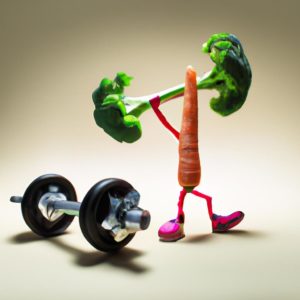Do you eat to reduce stress or feel better? Sometimes we eat for more than just physical hunger. Sometimes, however, we eat to satisfy our emotional needs. Emotional eating is when we eat for comfort, but it can be less healthy.
What is Emotional Eating?
Emotional eating refers to when you eat high-calorie, low-nutrition foods when you are feeling stressed. [1] Emotional food is a way to satisfy your emotional needs and feel better than your stomach. This can be caused by boredom, stress and anxiety as well as habitual, depressive, and other emotional triggers.
Emotional eating is not a solution to emotional problems and can even make things worse. Not only is the original problem still there, but you might also feel guilty about eating more than you should.
How can I tell if I am emotional eating?
Although it might seem obvious that you should only eat when you feel hungry, it can be difficult to recognize emotional eating. You may not even know you’re doing it.
You might be wondering, “How can I tell if this is true for me?”
Keep a journal of your emotions and what you eat. This will help you identify whether you are emotionally eating. You will also be able to identify your triggers by keeping a journal. Take note of how you feel every time you eat, the food you ate and what you felt afterwards.
- Are you more likely to eat when you feel stressed?
- Are you looking to feel better?
- Are you finding that eating makes you happy?
- Is food like a friend or comforting?
- Are you feeling powerless about what you eat and how much?
- Are you a foodie?
Healthy eating and food have a lot to offer in terms of social interaction and enjoyment. It is different to get pleasure from food than using food as an emotional coping strategy for low moods, anger, sadness, boredom, loneliness, or stress.
Emotional eating is often triggered by negative thoughts. This is because we subconsciously pick up these thoughts. It can also be tied to positive emotions, such as celebrating an occasion or rewarding yourself.
What is the source of your physical or emotional hunger?
It can be difficult at first to discern between emotional and physical cues about what you should eat. These practical tips will help you distinguish the two.
Physical hunger:
- Gradually builds, and can wait
- It is rare for someone to crave certain foods.
- When you feel full, stop.
- Once you have eaten, guilt is not an emotion.
- Emotional hunger:
- It happens suddenly and it feels like it won’t stop.
- People are more likely to crave certain foods
- Are you not satisfied with your meal?
- Feelings of guilt, shame, or powerlessness can be triggered







